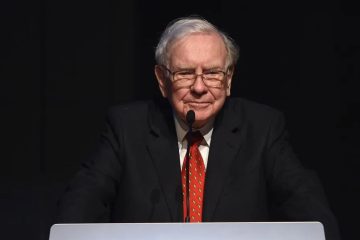1 in 5 University Students Used Loan Money for Cryptocurrency Investments

College—or university, depending on your nation of origin—is a place for experimentation. It’s where you learn how to coexist with people from different backgrounds, where you discover new areas of study, where you make mistakes that are largely shielded from the rest of the world, where you take your student loan money and use it to buy Bitcoin.
Er, scratch that last one. Or not!
Hundreds of higher education students are apparently experimenting with leveraged investing by taking their education loan money and plowing it into highly volatile cryptocurrency investments, according to a small study of 1,000 college students conducted this month by financial website The Student Loan Report. They’re able to do so, founder Drew Cloud notes, because some of those funds are used for “living expenses,” a flexible category that covers myriad potential necessities.
That college students are drawn to cryptocurrencies is hardly a surprise; as Fortune and others have documented, interest in virtual currencies is at an all-time high, leading Bitcoin, Ethereum’s Ether, Ripple’s XRP, and other such digital currencies to record levels of investment in 2017. But the market has plunged since mid December 2017. Bitcoin, for example, is now trading around $ 8,500 after peaking at more than $ 19,000.
Is it a smart financial move? Difficult to say. Is it illegal? It certainly isn’t allowed per Department of Education regulations, since “living expenses” must be related to education. Is it risky? Extremely. Federal student loan interest rates are between 4% and 7% for the 2017-18 school year, depending on the type of loan and the level of education; meanwhile the price of Bitcoin has dropped about 18% over the course of this month. The word “volatile” doesn’t begin to describe it. (For more, read “How High Will Bitcoin Go in 2018?“, the cover story of our January 2018 issue.)
Better, perhaps, to prepare for a bright financial future in a more responsible way.








